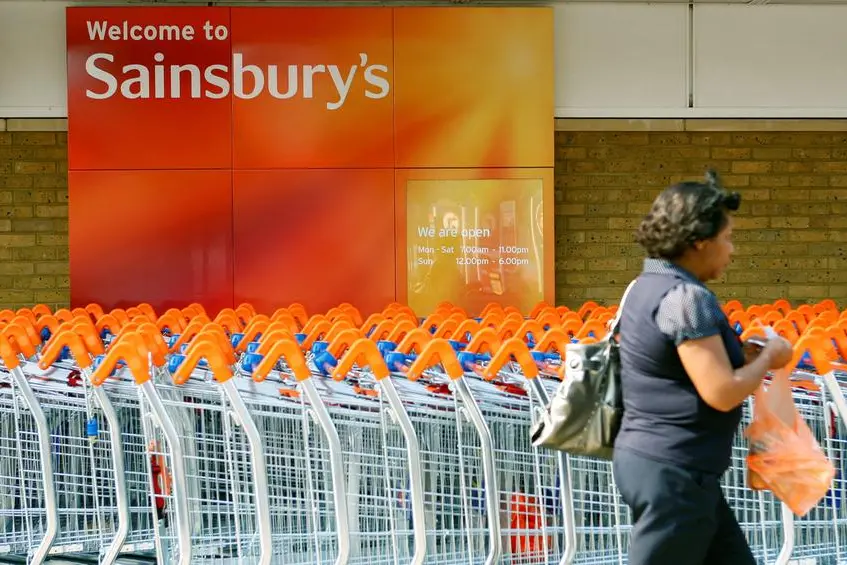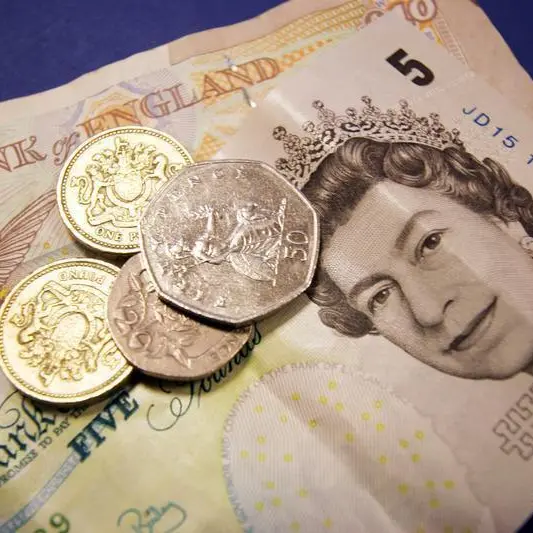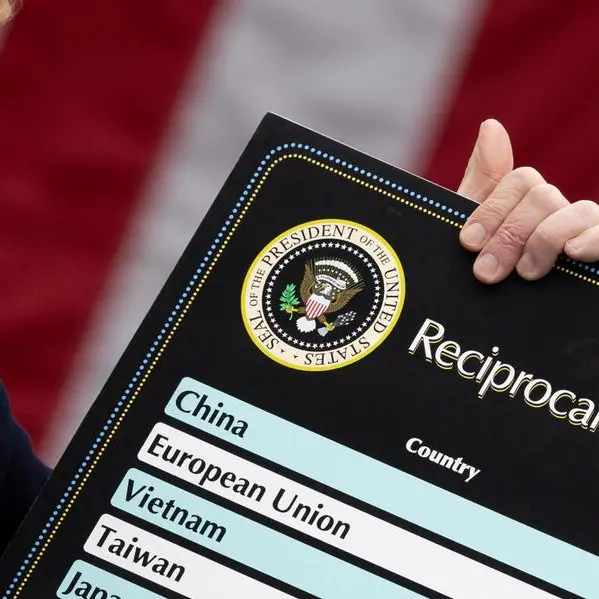PHOTO
British supermarket group Sainsbury's set a new cost savings target on Wednesday of 1 billion pounds ($1.3 billion) over three years and promised to boost returns for shareholders.
In a strategy update, the group - which has a 15.7% share of Britain's 229 billion pound ($289 billion) food market, trailing only Tesco - committed to deliver growth in food sales volumes ahead of the market by March 2027.
It also pledged to deliver growth in retail operating profit and higher customer satisfaction, build-up its Nectar loyalty scheme and Argos general merchandise business and invest in technology and infrastructure.
CEO Simon Roberts said the "Next Level Sainsbury's" strategy would build on the "Food First" plan he launched in 2020 which has drawn back customers from German-owned discounters Aldi and Lidl with more competitive prices.
"Overall it is more evolution than revolution," Bernstein analyst William Woods said.
Sainsbury's current plan is taking 1.3 billion pounds of costs out of the business in the three years to the end of March 2024. Completion of that programme will mean the group has cut 2.5 billion pounds of costs over the last decade.
The new 1 billion pounds target will include savings from reduced deliveries, waste and replenishment costs and the increased use of automation.
Sainsbury's said it would pursue a progressive dividend policy from the start of its 2024/25 financial year and commence a share buyback programme, with 200 million pounds of share capital to be bought back in 2024/25.
It kept its forecast for retail free cash flow of at least 500 million pounds per year and forecast at least 1.6 billion pounds over the next three years.
Capital expenditure would increase to 800-850 million pounds per year over the period, while cash costs associated with the cost saving programme would be around 150 million pounds.
One of Sainsbury's top 30 shareholders said while investors would be pleased with the extent of the new cost savings target, they might be disappointed with the rise in capital expenditure and that the forecast for free cash flow was not increased.
Shares in the group, which rose 39% last year, were down 3.5% in morning trading.
Sainsbury's had already announced a 9% pay hike for 120,000 workers from March costing 200 million pounds, and said it would wind down its banking business and instead offer financial products through third parties.
($1 = 0.7935 pounds) (Reporting by James Davey Editing by Sarah Young and Mark Potter)





















